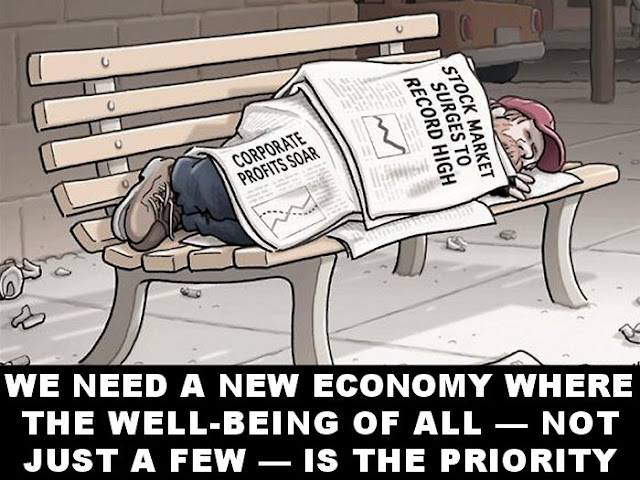Millions of people face destitution this year as soaring energy and food prices mean that out-of-work benefit payments may no longer be enough to cover basic essentials, experts have warned.
The Joseph Rowntree Foundation (JRF) said levels of out-of-work benefits may soon fall below the amount required to avoid destitution, meaning recipients would not have enough money to afford necessities like heating, clothing and adequate nutrition.
The Trussell Trust, a food bank provider, reported increasing demand for its emergency food parcels this winter and warned it was “inevitable” that more people would be left destitute.
The Institute for Public Policy Research (IPPR) think tank expects millions of people to be unable to afford essentials, and “face impossible choices between heating and eating”. Henry Parkes, senior economist at IPPR, explained, “Come April, millions of low-income households are going to be particularly hard hit by spiralling energy bills, with the poorest families spending more than 10p in every pound on heating their home,” Mr Parkes said. “At the same time, those in receipt of universal credit will see their benefit increase by as little as £2 a week – a fraction of the rising costs they face."
After years of real-terms cuts, jobseeker’s allowance and the basic level of universal credit are now just £74.60 per week for a person aged over 25. When inflation is taken into account, the payment is its lowest level for three decades. Research by the JRF and Heriot-Watt University in 2018 found that a single person living alone needed £70 per week to cover absolute essentials.
With inflation now running at an annual rate of 5.4 per cent and expected to hit as high as 7 per cent this year, the minimum income needed to escape destitution is certain to jump – and increases to benefits are not keeping pace. The JRF said that this point could soon be reached, with energy bills expected to soar by 50 per cent in April before rising again in October.
“If the income level needed to avoid destitution rises above our basic rate of out-of-work benefit for a single adult, we can expect to see a big rise in destitution, which is very worrying,” said Peter Matejic, deputy director of evidence & impact at the JRF.
The UK’s poorest families are expected to see a big hit to their incomes as the value of benefit payments falls this year. This April, social security rates are due to rise by 3.1 per cent, well below the increase in living costs that low-income households face.
“That’s a recipe for disaster for struggling families, said Alison Garnham, chief executive of Child Poverty Action Group. “In the face of soaring costs, families need help – the priority must be to increase social security by 6 per cent in April.”
The impact of rocketing fuel bills on low-income households would be “scary”, said Garry Lemon, director of policy and research at the Trussell Trust.
“People referred to food banks have often been through a difficult life event like losing a job or family breakdown. But the number one driver is the inadequacy of our benefits system which has seen a decade of cuts, caps and freezes. It is failing to lift people out of destitution.” In October, the government withdrew a £20-per-week uplift to universal credit seen as a lifeline to many families. Food bank managers are seeing the impact of the policy “right now”, said Mr Lemon. “These families are being crushed from different directions. You have the removal of the uplift to universal credit and you have benefits not being uprated as quickly as inflation is rising. The cost of absolute essentials – heating, eating – is rocketing upwards. People caught in the middle of that will suffer the most.”


No comments:
Post a Comment